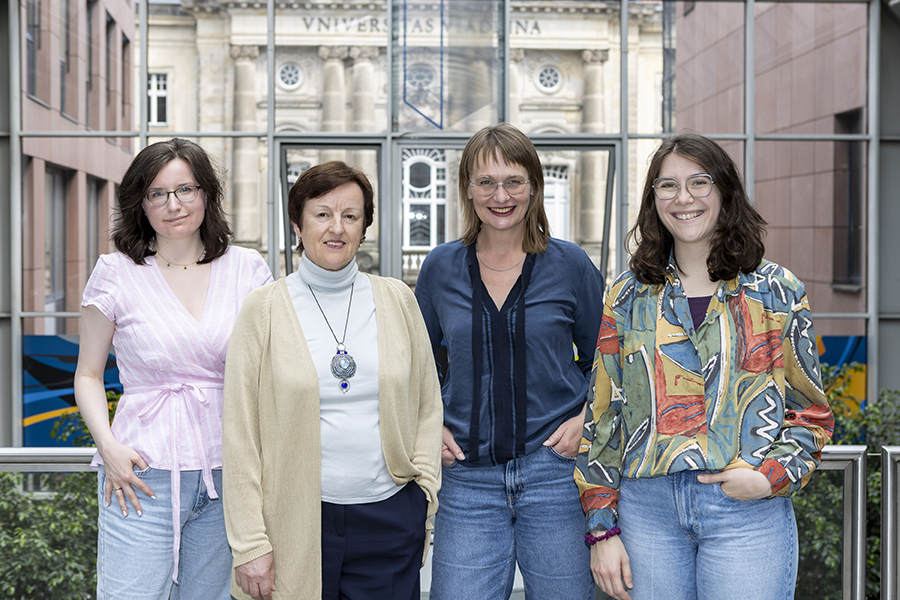Hamburg Science Summit
Claudia Weber will take part in the Hamburg Science Summit 2024 from 19 - 20 September 2024 as a member of the Board of Trustees for the Körber Foundation's German Study Award.
Read more
Heide Fest
The team at the Professorship for European Contemporary History looks at the past and present of the continent from the perspective of a complex, stubborn and rich Eastern European history. We aim to discuss, communicate and research the contemporary history of Europe beyond the 'national container' and beyond classic East-West stereotypes. Against this backdrop, we explore recent interdisciplinary approaches to transnational interdependence and cultural history, which can be analysed in terms of their global as well as regional and local references.
The analysis of Europeanisation processes and concepts of Europe is a research focus of our chair. On the one hand, we concentrate on moments of Europeanisation and on ideas of Europe that have emerged in the Eastern European peripheries over the last few centuries and from there have challenged and questioned the teleological Western self-conception of Europe as a modern market economy, democratic and liberal entity. On the other hand, we analyse the regional forms of appropriation and intertwining dynamics of Western European models with local European discourses in different historical contexts of Eastern Europe.
Our research, however, does not stop at the borders of the European continent, but focuses on the diverse local contexts of Eastern Europe in their interactions with global developments. We are just as interested in the history of the prisoner-of-war camps in Frankfurt (Oder) as we are in the conflict-ridden history of coming to terms with the US massacre of My Lai during the Vietnam War, if both are viewed in the context of the history of violence of the 20th century or the Cold War. We examine global phenomena such as Jewish emigration in the context of a European and transatlantic history of migration.
It is our intention to arouse intellectual curiosity and, above all, the pleasure in history that the French historian Marc Bloch inscribed in all approaches to history. The basis for this is the communication of what could be described as a canon of historical knowledge. Meeting this with changing perspectives and methodological challenges keeps history alive and exciting. We are happy to welcome students who enjoy discussing controversial topics.